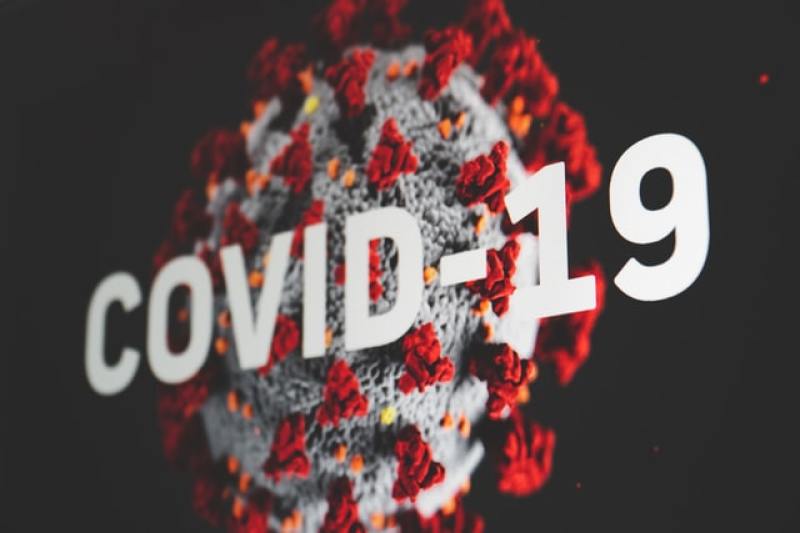
Two Chinese researchers were taken by CCP police in April 2020 for archiving COVID articles banned by the communist government.
A pair of Chinese computer coders by the names of Chen Mei and Cai Wei collected COVID reports banned by the Chinese Communist Party (CCP) in 2020, posting the reports to their Terminus2049 page on Github.
Their repository grew to contain up to 600 pieces of censored and deleted articles about the early weeks of the COVID pandemic in China. The archive of COVID articles banned by the CCP included a eulogy for late whistleblowing Wuhan doctor Li Wenliang, and an interview with former Wuhan Central Hospital ER director Ai Fen.
According to Radio Free Asia, the two Chinese researchers were accused of indictment upon the discovery of their online repository of COVID reports banned by the CCP. They were captured by the Chinese police in April and initially held under "residential surveillance at a designated location (RSDL)" despite not having engaged in illegal activities that threatened national security. On August 13, the Chaoyang District People's Court ruled that Chen and Cai were guilty of "picking quarrels and stirring up trouble," a case often slapped against peaceful protesters of the communist regime.
The 28 year old Chen and 27 year old Cai were ordered jail time of 15 months each and were allocated "defense" attorneys by the Chinese government. Liang Xiaojun, a human rights attorney who was hired by Chen's family, was prohibited from acting for his client.
"Any sentence, however short, is unjust, if you take the position that they are not guilty," Liang told RFA. "They are both innocent from a legal point of view. All they did was to create an online database of deleted articles, so this is a matter of human rights, of civil rights."
According to the Washington Post, Chen and Cai were released after 15 months in jail on August 15. The two became friends during their teenage years and built the Terminus2049 after the pandemic broke out. There, they kept hundreds of censored articles that the CCP removed from the Chinese internet.
The Chinese researchers and coders also built a forum where users could discuss sensitive topics, such as the anti-government protests in Hong Kong and the ruling Communist Party. Chinese authorities caught wind of their activities when their archival work showed China's early pandemic response following the Wuhan coronavirus outbreak in 2019.
Political analyst Wu Yangwei told the South China Morning Post that what the Chinese researchers did was not a crime and instead was a "deterrent" that warned the Chinese public not to "contradict the official narrative" and "keep in line with the mainstream."
"Punishing them is a warning to others," Wu said. "It's working. It is expected that this repression will certainly continue afterward, as the pandemic has offered an excuse to the government to strengthen control over the whole society. No one dares to publicly criticise that. It's very costly, a price the authorities are willing to pay."


























